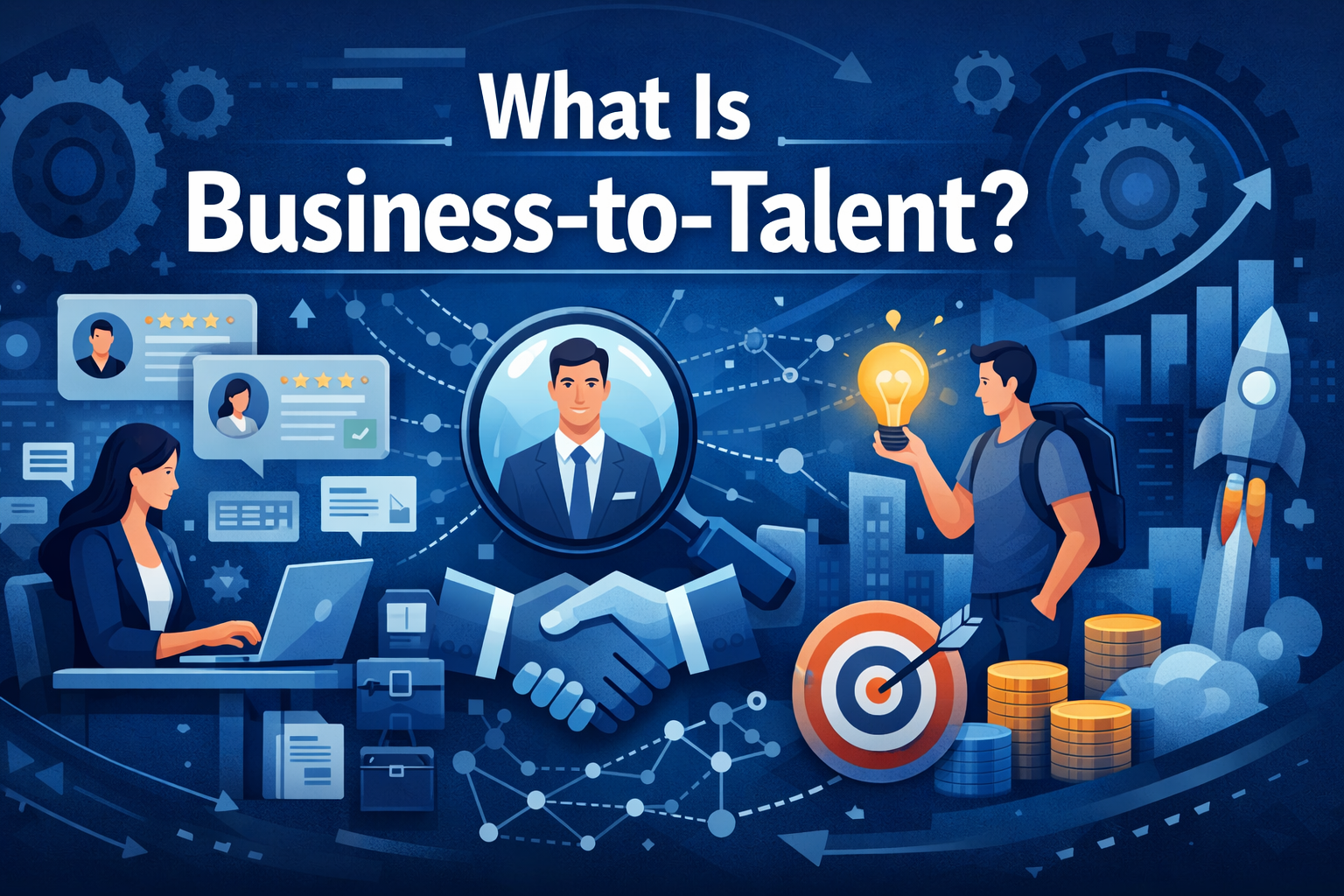Burnout at work is becoming an increasingly common challenge in today’s fast-paced professional environment.

In a world where “follow your passion” has become career gospel, a disturbing trend is emerging serious work burnout. Despite doing jobs they once loved, many professionals from freshers on internships to experienced managers are silently burning out. This phenomenon is now so widespread, it’s being dubbed the silent burnout epidemic.
It’s time to bust the myth that passion alone can sustain long-term career success. Because when passion becomes pressure, the line between drive and damage blurs. In this article, we’ll explore the signs of burnout at work, why it’s affecting even the most driven individuals, and what we can do about it.
1. What Is Burnout at Work?
Burnout isn’t just being tired. It’s a state of emotional, physical, and mental exhaustion caused by prolonged stress and overwork. When left unchecked, it can lead to severe mental health issues and long-term damage to one’s career.
WHO Definition:
Burnout is classified by the World Health Organization as an “occupational phenomenon” not a medical condition marked by:
- Feelings of energy depletion
- Increased mental distance from one’s job
- Reduced professional efficacy
2. The Myth of Passion as a Shield
Why Passion Isn’t Bulletproof:
We’re told that if we love what we do, it won’t feel like work. But that’s a dangerous illusion. Passion often leads people to overcommit, ignore boundaries, and normalize stress.
- Freshers: Often push beyond limits during internships to prove themselves
- Experienced professionals: May feel trapped between expectations and identity
3. Silent Signs of Burnout at Work
Burnout doesn’t always shout it whispers. Early detection is critical.
Watch for These Symptoms:
- Chronic fatigue even after rest
- Detachment or apathy toward work
- Difficulty focusing or decision fatigue
- Irritability and mood swings
- Physical symptoms: headaches, sleep issues
4. Who Is at Risk?
Burnout doesn’t discriminate, but some groups are more vulnerable.
High-Risk Profiles:
- Interns and freshers trying to build careers
- Freelancers and creatives driven by passion
- Experienced employees in leadership roles
- People in mission-driven jobs (teachers, healthcare workers, NGOs)
5. Cultural Factors Fueling the Epidemic
In many countries including India toxic workplace cultures glorify overwork. “Hustle culture” praises long hours, and mental health is still taboo.
Especially in:
- Startups and tech companies
- High-pressure roles in sales, consulting, development
- Competitive metro cities like Mumbai, Bangalore, Delhi
6. Case Study: From Dream Job to Daily Dread
Anjali, a design intern in Bangalore, landed her dream internship. She was passionate about UX design. But after 6 weeks of working 12-hour days, she felt anxious, detached, and uninspired. Passion brought her in burnout pushed her out.
Her story is not unique. It’s silently repeated in engineering, marketing, finance, and more.
7. Burnout in Internships and Entry-Level Jobs
Internships are often framed as gateways to success. But lack of support, high expectations, and unpaid work can be breeding grounds for burnout.
Common Triggers:
- Lack of mentorship
- Constant competition
- Unclear boundaries between learning and labor

8. Burnout in Experienced Professionals
For those deep into their careers, burnout is often misread as midlife crisis or poor performance.
Subtle Signs:
- Loss of excitement about work milestones
- Physical health declining
- Avoiding team interactions or leadership roles
9. Passion-Driven Careers Aren’t Safe Either
Careers in music, writing, startups, or social work can feel “too meaningful to stop,” leading people to ignore stress until it becomes chronic.
Why?
- Self-worth tied to work output
- Guilt over taking breaks
- Emotional exhaustion mistaken for lack of passion
10. Burnout’s Impact on Career Growth
Unchecked burnout can:
- Reduce job satisfaction
- Lead to frequent job changes
- Cause long-term skill erosion
- Derail otherwise promising career pathways
11. The Mental Health Connection
Burnout often masks deeper issues:
- Anxiety
- Depression
- Low self-esteem
Ignoring it doesn’t just hurt your work it hurts your life.
12. Social Media’s Role in Work Burnout
Online hustle culture pressures people to equate self-worth with productivity. Instagram, LinkedIn, and even motivational YouTube videos can unintentionally glorify burnout.
13. How to Recover from Burnout
Recovery Tips:
- Take time off really off
- Talk to a therapist or coach
- Reconnect with hobbies not tied to performance
- Set realistic daily goals
14. Building Boundaries: Passion Needs Structure
Try This:
- Set work hours, even if you’re remote or freelancing
- Don’t answer emails after a set time
- Communicate workload limits to your manager
15. Creating a Sustainable Career
A long, fulfilling career isn’t built on nonstop hustle. It’s built on balance, boundaries, and self-awareness.
Best Practices:
- Choose jobs and internships that value mental health
- Learn to say no even to things you like
- Redefine success beyond just titles or paychecks

Conclusion
The silent burnout epidemic is real, and it’s growing. Passion is a wonderful fuel but it’s not an infinite one. Whether you’re a fresher navigating internship, or an experienced professional chasing your next promotion, burnout can strike when least expected.
Work is a part of life not the whole of it. The sooner we accept this, the sooner we can build careers that energize us, not exhaust us.
Protect your passion by honoring your limits.
Visit Us >>> https://www.impacteers.com/home/
About Us >>> https://blog.impacteers.com/
FAQs
1. What are the early signs of burnout at work? Early signs include constant fatigue, lack of motivation, irritability, and difficulty concentrating. These often go unnoticed but signal deeper exhaustion.
2. Can freshers and interns experience serious work burnout? Absolutely. Freshers often push too hard to prove themselves, making them especially vulnerable to burnout in internships and first jobs.
3. How is burnout different from normal work stress? Stress can be short-term and motivating. Burnout is chronic, depleting, and affects both your mental and physical health.
4. Does being passionate about your work prevent burnout? No. In fact, passion can sometimes blind people to their exhaustion, leading them to overwork without noticing the toll.
5. How can companies help reduce burnout at work? By promoting work-life balance, offering mental health support, setting realistic goals, and creating a culture that values well-being over hustle.



Post Comment